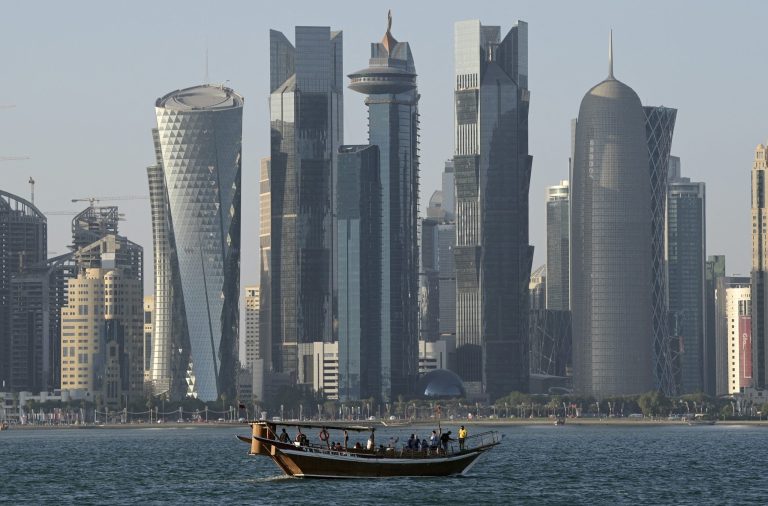São Paulo – One year after the strong growth driven by the World Cup, Qatar’s economy “is normalizing” with a “favorable” medium-term outlook, according to a statement by the International Monetary Fund (IMF) staff team led by Ran Bi. They met with local authorities in Doha from November 1 to 14. After the visit, they released an analysis of the Gulf country’s economy this Tuesday (21). (Pictured above is the Qatari capital, Doha.)
According to their conclusions, Qatar’s economy is expected to grow at an average rate of 5% a year in the medium term, supported by the expansion in liquefied natural gas (LNG) production and “reform efforts” to achieve the National Vision 2030 – a set of goals for modernization, economic growth, and increased quality of life. In the fund’s assessment, hydrocarbon output is expected to increase by 1.75%, and the non-oil sector could expand by 2.75%, driven by domestic demand and tourism, a legacy of the 2022 World Cup.
“Qatar is at an important juncture in shifting its growth model from one that is led by the state to a more dynamic and market-oriented one driven by the private sector Building on the progress made so far, and guided by upcoming Third National Development Strategy (NDS3), reforms should focus on enhancing human capital, labor market dynamism, and business environment,” said the IMF’s release.
The entity also said that the Qatar Central Bank (QCB) has managed to maintain prices and financial stability and noted that inflation has moderated due to a “tightening” in tandem with monetary policy adopted by the United States Federal Reserve. “Continued diligence is critical to enhance banking sector resilience, complemented by reforms to deepen domestic financial markets further, as envisaged in the upcoming financial sector strategy,” said the fund’s release.
Libya
In an assessment of Libya’s economy, another IMF team concluded that despite the September floods, the outlook for the country’s medium-term growth remains “positive, given the North African country’s economy is largely dependent on oil and gas production.”
A statement released on Monday (20) by the fund said, however, there is an “urgent need” for a “clear economic vision” for the country. In the medium term, the IMF said, Libya needs to diversify its economy away from hydrocarbons and promote growth through a strong and inclusive private sector.
Translated by Elúsio Brasileiro




